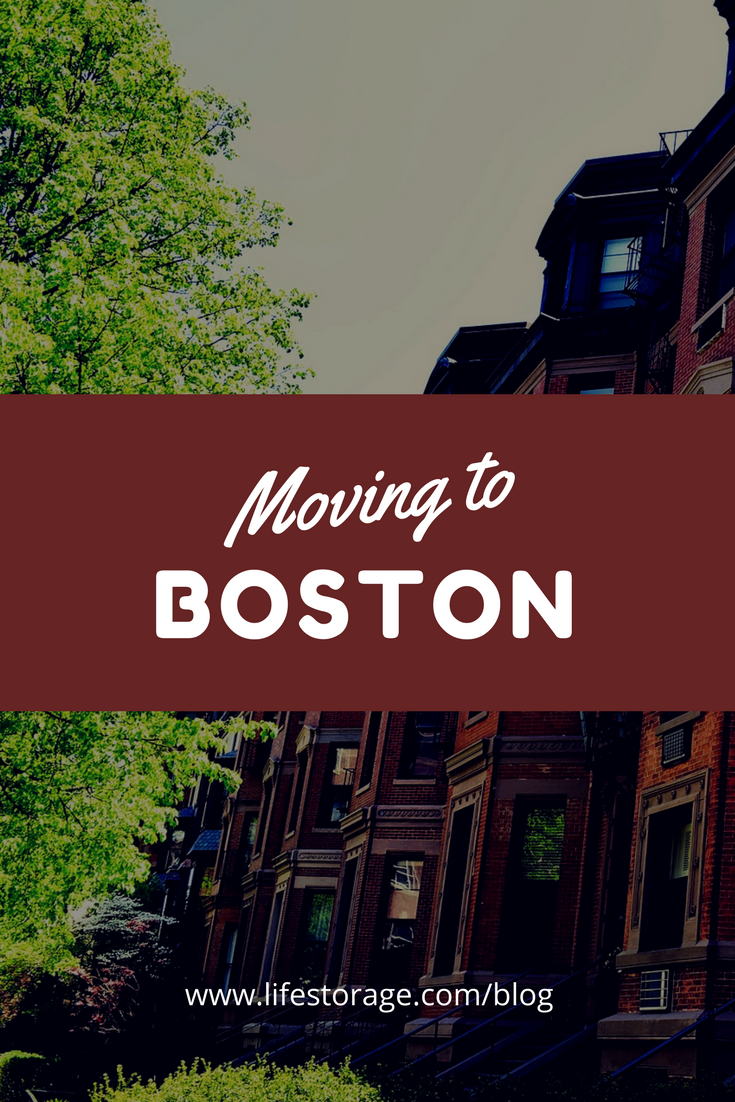
What’s the first thing you think about when you think of Boston? Perhaps it’s the rousing (and borderline annoying) professional sports winning streaks, or maybe the historic sites along the Freedom Trail. While Boston is home to nearly 140,000 seasonal coeds that make for a lively college city atmosphere, it’s not without culture and affluence. There are many reasons why so many people are forking over thousands for rent and mortgages to make moving to Boston a reality.
There are also reasons why people choose not to live in the city and might venture to a nearby suburb. Perhaps they opt out of moving to Boston altogether. The City on the Hill is not for everyone, which is why we wanted to explore some of the pros and cons of living in Boston as well as offer up some moving advice for anyone on the fence. These 12 tips should help you get a clearer picture of how a move to Boston could impact your life for better or worse.
1. Find a neighborhood to live in based on where you’ll spend most of your time.
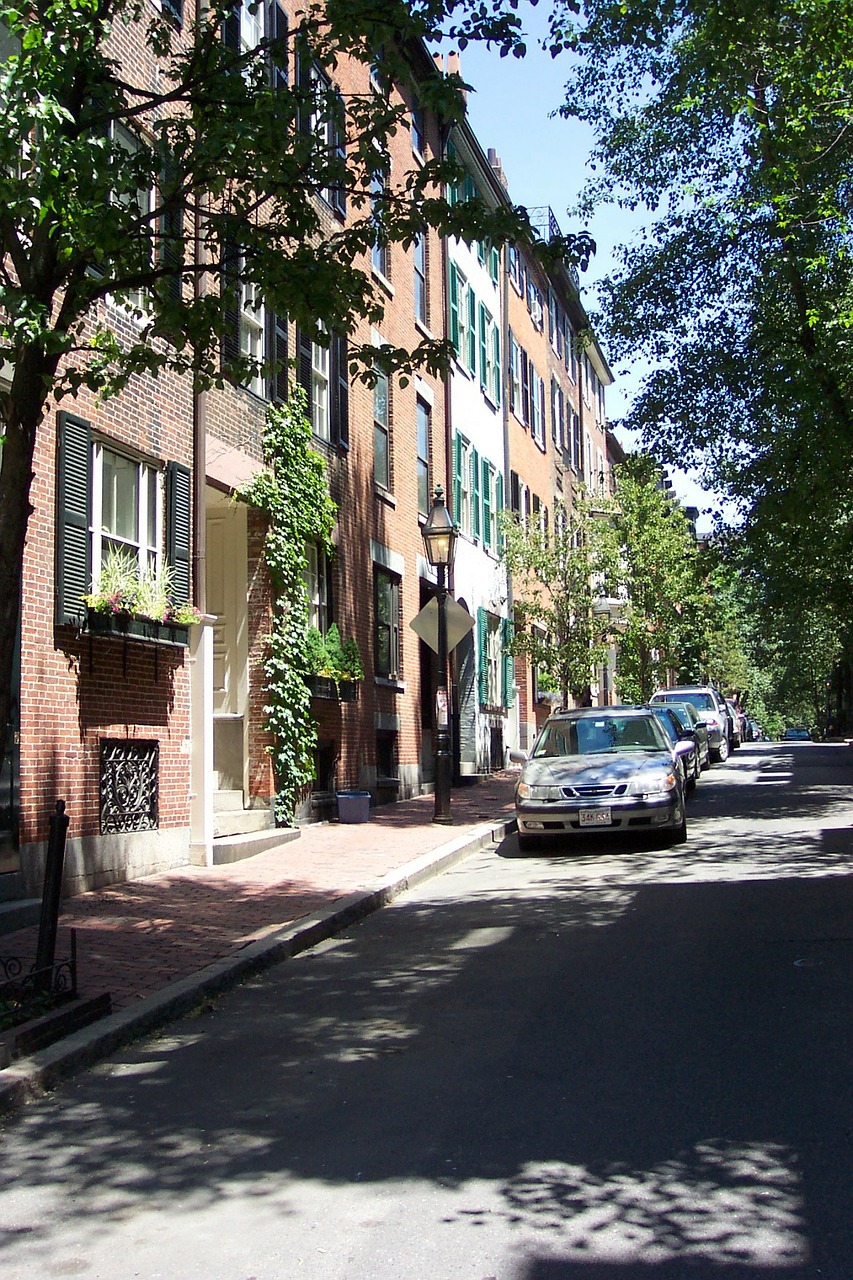
Boston is a city of commuters (more on that later) who love to use one of the oldest and best public transport systems in the country. Because of this, it’s essential to plan where you live carefully. If you’re living and working in the city, consider a home relatively close to work, or one that’s nearby an MBTA (or “T”) stop.
Like any city, different districts offer varied lifestyles. Depending on your comfort level, you may choose to avoid certain areas altogether. We explored a few leading neighborhoods in Boston, both inside the city limits and nearby suburbs.
*Remember: lots of people live in Boston proper, but many more live outside city limits. Neighboring cities such as Somerville, Newton, Chelsea, Quincy, and Milton (to name a few) are all viable options to live. The T extends to these cities and areas as well, which all have their own price points for housing and city amenities.
Best Places to Live in Boston:
- Beacon Hill — This part of town is arguably one of the most beautiful neighborhoods with historical row houses and cobblestone streets that are illuminated with gas street lights. Expect to find both tourists and residents venturing around here. Average two-bedroom rent: $3,000/month.
- South Boston — Also known as “Southie,” this once predominantly Irish Catholic neighborhood has become increasingly popular with young families and new graduates. Waterfront access and a plethora of new development have contributed to an increase in rent prices. Average two-bedroom rent: $2,500/month.
- Back Bay — This city neighborhood has a reputation for being home to more affluent families and community members. Expect to pay a few hundred dollars more a month here than some other leading neighborhoods. Average two-bedroom rent: $3,500/month.
Best Boston Suburbs & Neighboring Cities:
- Cambridge — Located north of Boston, this city nextdoor is home to Harvard and MIT. Other area amenities and picturesque neighborhoods draw more residents here besides over-achieving college students. Highly ranked public school systems and quiet atmosphere drive rent and home prices up. An average single-family home in Cambridge costs around $750,000.
- Quincy — Just south of Boston, this city is the unofficial sister of Chinatown, with a strong Asian population. Alongside the perks of fantastic ramen joints and tasty pho restaurants, Quincy is located on Wollaston Beach and has great skyline views of Boston. There are four Quincy subway stops on the Red Line and a booming opportunity of new condos. The average rent for a two-bedroom in Quincy is $2,250.
- Worcester (pronounced ‘Woo-stah’) — Tens of thousands of college students call Worcester home and so do 150,000 other residents. The city of Worcester has a small-town feel without seeming too rural; however, it’s about an hour’s drive from Boston without traffic. Significantly lower housing costs and many mom and pop shops add to the overall appeal of this city. Purchasing a single-family home in Worcester costs on average around $225,000.
- Belmont — If you have enough money and want to escape Cambridge and Boston but work in one of these places, Belmont may be the suburb for you. The town is filled with green space and is primarily residential. You can purchase a large single-family home here, but you might end up paying between $800,000 – $900,000 for about 2,000 square feet.
2. If you decide to rent, know your rights as a Boston tenant.
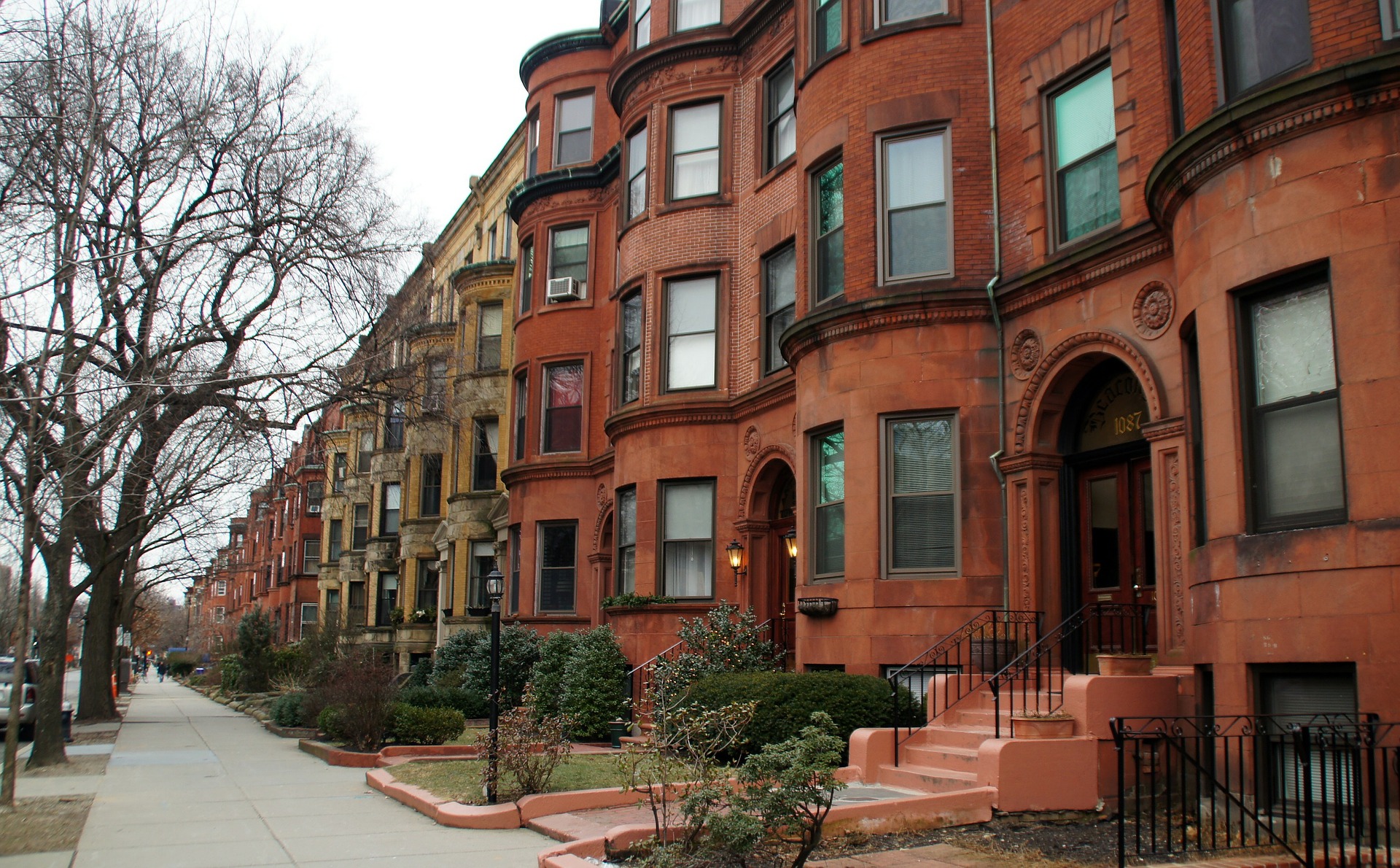
Because of high housing costs, many people first moving to Boston decide to rent. The way the city is set up, there are more owner-occupied two- and three-unit houses than there are apartment complexes. This city layout means that you’ll run into a lot of inexperienced landlords. There are benefits to having an owner-occupied landlord, but there are also some drawbacks. Make sure you know your rights before you sign a lease.
Things to Know if Renting in Boston:
- Because the housing market is competitive, it’s common to use real estate agents for rentals. But keep in mind that you’ll usually need to pay them a fee equal to one month’s rent, while at the same time paying your landlord your first and last month’s rent and a security deposit.
- If you’re planning a move to attend college, make sure you search a few months before September 1. This time of year is by far the busiest move-in and move-out time in the city. If you’re not a student, you can use this to your advantage by house-hunting outside the peak student seasons, and even scoring some used furniture and home goods on what’s known as “Allston Christmas” or Move-In Day!
3. Figure out if you can afford to live here before you move.

Living in Boston is infamously expensive. Overall, the cost of living in Boston is 47% greater than the national average. Boston is more expensive than Chicago, Los Angeles, Phoenix, Miami and Dallas. Only a few cities have Boston beat as far as expensive places to live, a couple of those include New York and San Francisco.
As an older city, there’s not as much room for expansion, and the public transport system is weighed down by a large influx of new city dwellers. However, job opportunities are healthy and a strategic move can make for a great experience living in Boston.
Boston Cost of Living Factors:
- Housing costs, utilities and healthcare are the main three factors that are significantly more expensive than the national average.
- The average rent for an apartment in Boston is $2,318 for a studio apartment.
- Housing options for middle-class families in Boston are limited, which leads to not enough supply and ultimately drives housing costs up.
- The median home value in Boston is $569,500 and is designated as a seller’s market.
Read Also: Create a Realistic Moving Budget Using This Guide
4. Find employment in one of Boston’s most prolific job industries.
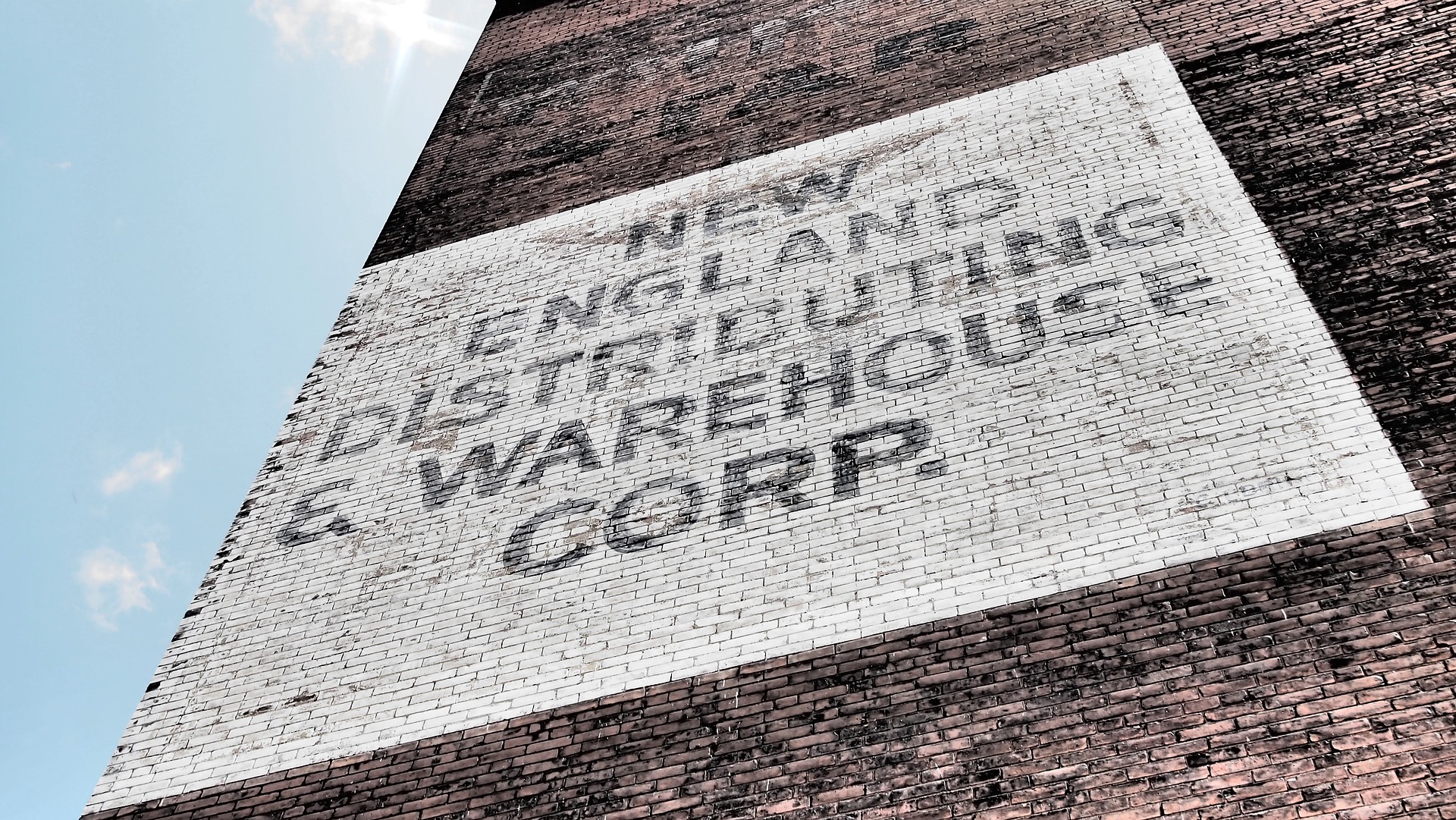
One reason many people move to Boston is for work. With some of the most renowned companies having operations in the area, salaries can at times make the higher cost of living worth it.
Three of the most prominent industries in Boston include technology, finance, and life sciences. There are tons of startups offering appealing benefits and stock options. There are also some larger scaled companies that have been around for a while. The job market is highly competitive so be sure to brush up your resume and consider having a professional proofread it for you.
Top Boston Employers to Research:
- Financial — Putnam Investments, Wellington Management, Fidelity Investments
- Technology — Google, Amazon, Microsoft
- Life Sciences — Novartis, Pfizer, Merck
5. Consider sending your kids to college in Boston or a close by suburb.

With 125 schools in the Boston Public School system, there is bound to be a program well suited for your child. As with any city, there are pros and cons of the public school system. Private education or a smaller school district in an outlying suburb is also an option.
One area where the Boston metro shines is in the university setting. By some accounts, the city of Boston is a college town and an important academic hub, which makes sense when you look at how many colleges are packed within a small geographical area. One positive about being a student in Boston is subsidized housing, where coeds can enjoy lower rent costs than regular arrangements in more popular neighborhoods.
Popular Area Colleges and Universities:
- Boston University
- MIT (Massachusetts Institute of Technology)
- Harvard
- Tufts University
- Boston College
- Emerson College
Read Also: The Best Cities for Education in the U.S.
6. Invest in a quality pair of sneakers and a commuter pass.
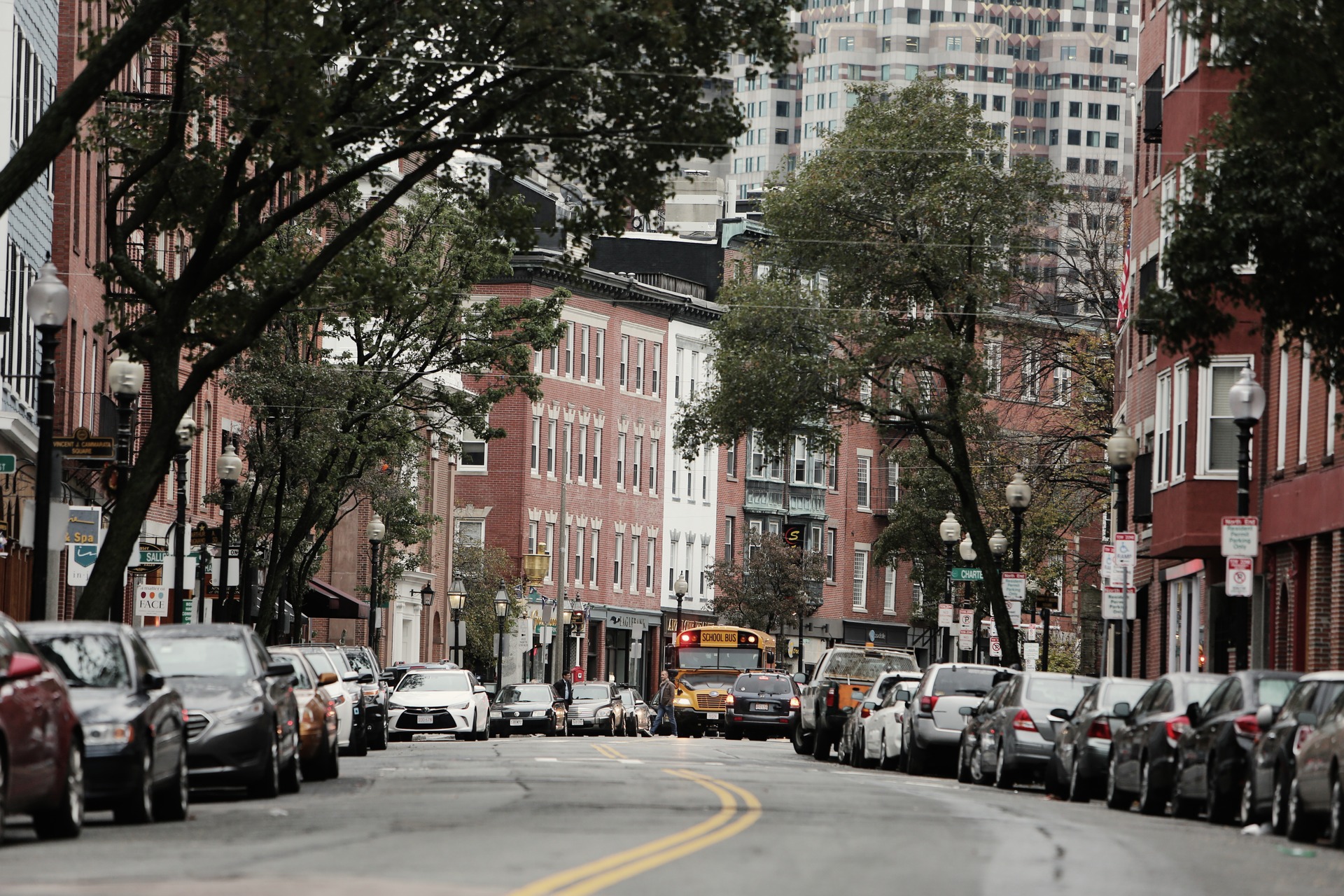
Boston is one of the most walkable cities in the nation partially because of its small size. In fact, tourists could walk Boston in a weekend and be able to see just about anything and everything. People visiting New York could not say the same. Likewise, it’s estimated that roughly 50% of the city’s population does not commute by car. They either walk or use public transit.
Boston is a four-season city though, and long winters can make walking/biking difficult. Bostonians have to account for snowy, icy and rainy conditions, which not only make a pedestrian route tough, but can also slow up the subway and buses.
Despite its walkability and bike-ability, transportation in Boston isn’t without its challenges. Confusing city streets and traffic congestion are only a couple of issues to manage. Our advice? Purchase a pair of comfortable walking shoes and if you plan to live and work within the city, get a commuter pass. We’ve added some more tips from the locals below.
Tips for Getting Around in Boston:
- Invest in a quality GPS app for your phone to navigate the city. The streets are littered with one-ways, rotaries, and random dead ends that could have you quelling some road rage before you know it.
- The public transit system is run by the Massachusetts Bay Transit Authority (MBTA) and is known as the “T.” Boston’s subway system uses some of the oldest tunnels in the nation, and some argue the system is not as efficient as it could be.
- Get accustomed to the subway spider. There are blue, red, and orange subway lines. The green line represents a trolley. Note that the MTBA does not run past 1 a.m. so plan your outings accordingly and download carshare apps like Uber or Lyft.
- A designated commuter rail runs on a schedule, which can cut down on your morning commute once you figure out which train you need to take and when.
- Traffic is impacted by major sporting events like Red Sox, Bruins and Celtics games. If you work downtown, make sure you know when games are at home so you can plan your evening commute around it. The sports venues are in different parts of the city, so get to know their locations and account for the major concerts and other events hosted there too.
- Parking is extremely difficult in the downtown area, and many apartments don’t offer off-street parking. Be sure to apply for a resident parking permit if you plan to move to Boston with a car.
- Download MBTA-endorsed apps for Apple and Android if you plan on using the bus to get around.
7. Take some time out of your home search to enjoy some Boston cuisine.

Boston is a wonderful place to enjoy food and drink. From clam chowder to oysters, seafood is fresher in Boston than in many other parts of the country. A lot of the best beer is brewed here, too. We talked with restaurant critic MC Slim JB to come up with some ideal restaurants you should visit next time you’re in Boston.
Popular Restaurants to Visit:
Boston’s dining scene boasts a dizzying array of cuisines at every cost and formality. Here are a few casual neighborhood places perfect for unwinding with fabulous food and drinks after a long workday.
- Kava Neo-Taverna, South End — Set in the corner of Boston famed for its many restaurants, this charmer does brilliant modern Greek cuisine with wines to match in a lively, intimate room. It also has a sweet patio overlooking Union Park, one of the prettier Victorian blocks in this picturesque neighborhood. 315 Shawmut Ave., Boston (617-356-1100).
- Prairie Fire, Coolidge Corner — Brookline is technically a suburb of Boston, but its northern section is as hip and urban as the Boston neighborhoods it borders. This relaxed, understated newcomer does brilliant wood-fired pizzas, gorgeous pasta, and Italian-leaning small plates, all anchored by a short, sharp list of beer, wine and cocktails. 242 Harvard St., Brookline (617-396-8199).
- Our Fathers Restaurant & Bar, Lower Allston — Between Harvard Square and the suddenly hot Brighton neighborhood sits this purveyor of kaleidoscopic modern Israeli cuisine and traditional Jewish deli, set in a groovy space age dining room with a serious bar program. It’s like Ottolenghi meets the Carnegie Deli by way of the Jetsons, with superb cocktails. 197 N. Harvard St., Boston (617-303-0101).
Find MC Slim JB’s restaurant reviews in every issue of The Improper Bostonian or reach out on Twitter.
8. Learn about Boston sports because locals take them very seriously.

Most locals can agree that there’s something special about the Boston professional sports scene. Prolific players and championship caliber teams are all over Boston. If you haven’t been keeping up with Boston, learn why the area is also referred to as Titletown by sports fans.
Important Sports Teams:
- Boston Red Sox — Watch the MLB Sox play the Yankees at century-old Fenway Park.
- New England Patriots — No talk of Spygate here, unless you mean to discuss how it’s a fabricated NFL lie.
- Boston Celtics — This franchise has 17 championships under its belt, making it the most successful NBA team in history.
- Boston Bruins — Embrace the city’s love of winter and keep tabs on its historic NHL team, which plays alongside the Celtics at TD Garden.
- College teams — All four sports above are played by major schools in the city too – followed by rabid fanbases.
Participant Sports for Bostonians:
In Boston, people don’t just watch their favorite sports, they participate! Due to the high volume of college students and alumni that settle in the city after graduation, sports are big traditions among locals.
- Soccer — Both indoor and outdoor soccer intramural teams are a great way for people socialize all year round.
- Ice hockey — There are a few indoor and outdoor rinks in Boston, including the fun Boston Common Frog Pond.
- Running — With the Boston Marathon being one of the most famous races in the world, you can imagine there’s a big spirit of running in the city. Join causal run clubs or even train for the marathon yourself, if you’re lucky enough to earn a spot.
9. Explore as many things to do in Boston as you can.

Boston looks very much like a European city, but it’s packed with things to do that are profoundly American. Everywhere you look, you’ll find an abundance of history about how our country came to be, starting in the years leading up to the American Revolution. You can choose to learn about this history after moving to Boston, or you can enjoy the public spaces for their beauty.
Historical Outings:
- Boston Tea Party Ships & Museum — Visit Seaport to explore one of the most important moments in U.S. history.
- Paul Revere’s House — Visit the home of this famous American patriot who played an influential role in the American Revolution.
- Longfellow’s Wayside Inn — This 300-year-old inn is located in nearby Sudbury and is the oldest operating inn in the nation.
Places to Shop:
- Harvard Square — A college-like spot for thrifting and finding bookshops
- Downtown Crossing — A business hub of department stores and well-known brands, sprinkled with bars and cafes
- Newbury Street — This area is for chic shopping and dining, with many boutique stores and luxury brand names
Outdoor Spaces:
- Boston Common — This green space downtown is the nation’s oldest city park.
- Public Garden — This park is adjacent to Boston Common and has been renting out swan boats since 1877.
- Boston Calling — This festival hosts over 20,000 music fans annually and features musicians, comedians and visual arts performances.
10. Look past some classic Boston stereotypes.
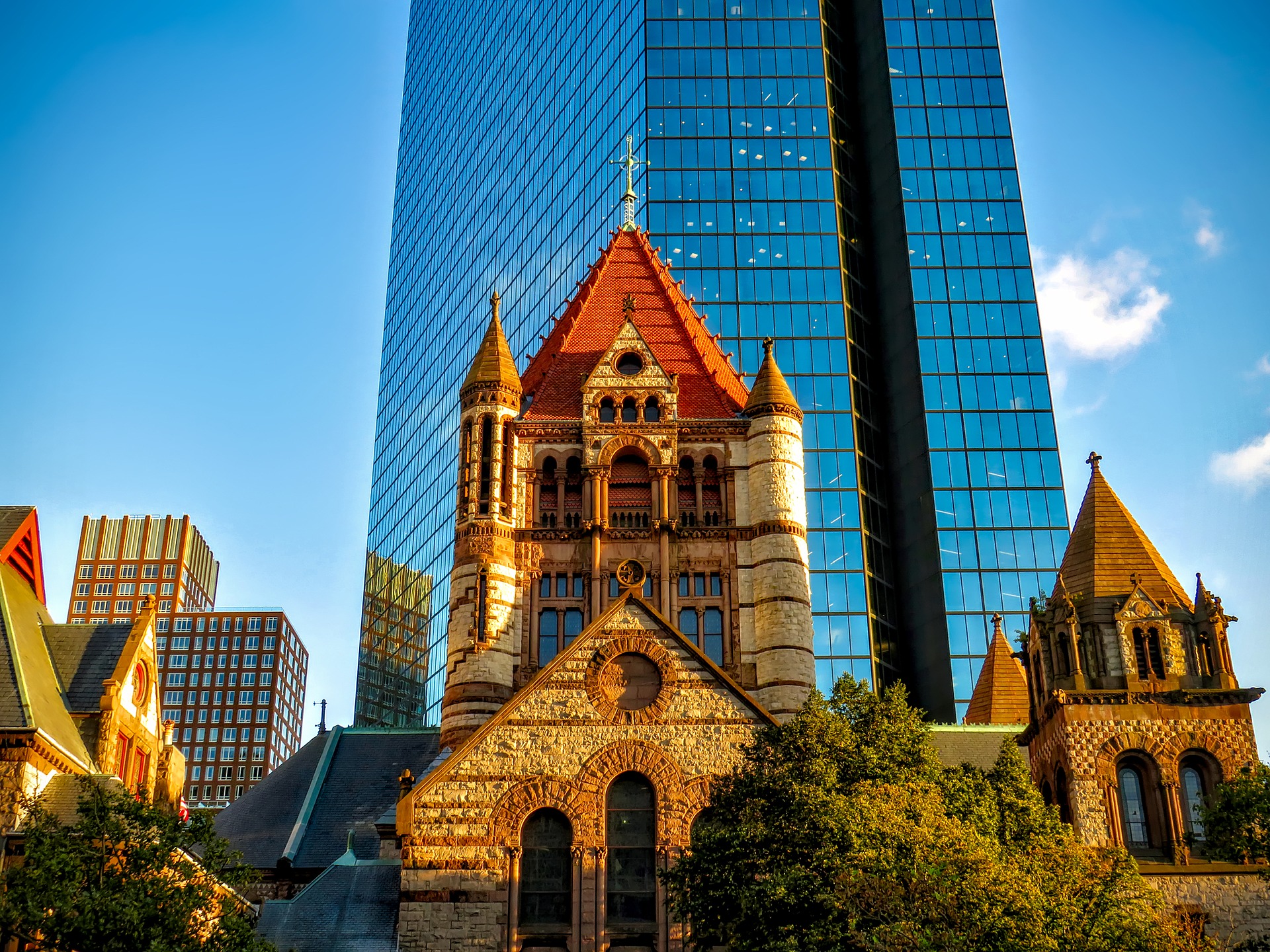
Media and pop culture have put Boston on the map for various traits that locals would perhaps want you to reconsider.
- The well-known Boston accent is not as prevalent as it used to be. Reportedly, the dropping of the letter “R” isn’t being picked up as readily in younger generations. You will likely hear more of the accent in older, non-gentrified parts of town.
- Boston locals are often unfairly characterized as unemotional, hardened, sarcastic and dry. Although harsh winters and hefty housing costs may make some in Boston bitter, most are friendly beyond this stereotype. Bostonians are often driven, intelligent and embody the “small city” feel left out by bigger metro spots in the U.S.
- The nickname Beantown may have stuck, but it started with tourists and is rarely used by those who live here. Many locals prefer to call their city “The Hub” or The City on the Hill.
11. If moving to the city from a suburb, get accustomed to wearing more clothing.

As far as weather is concerned, the general quality of life in Boston is similar to many northeastern cities. However, because so many people commute to work, residents of Boston might spend a lot more time outdoors during the winter than other snow-laden cities. So when those winter months hit, you’ll need to wear more layers than you would if you were able to drive to work.
Geographically, Boston is well positioned and is in proximity to popular destinations like Nantucket, the coast of Maine, Hudson Valley and Rhode Island. Could these weekend destinations make the long winter worth it? Only you can be the judge of that.
Pros and Cons of Living in Boston:
Pros —
- Because towns and cities near Boston are geographically small, it’s easy to take weekend trips to nearby vacation destinations like Cape Cod, Nantucket, and Martha’s Vineyard.
- The summers are mild compared to the more intense heat and humidity in southern cities.
Cons —
- There can be a lot of snow at times and snowstorms called Nor’easters that can virtually shut down the city.
- The small city and confusing street layout make getting around in Boston more difficult than other cities, especially during the long months of cold.
12. Make moving to Boston as stress-free as possible by avoiding common mistakes.
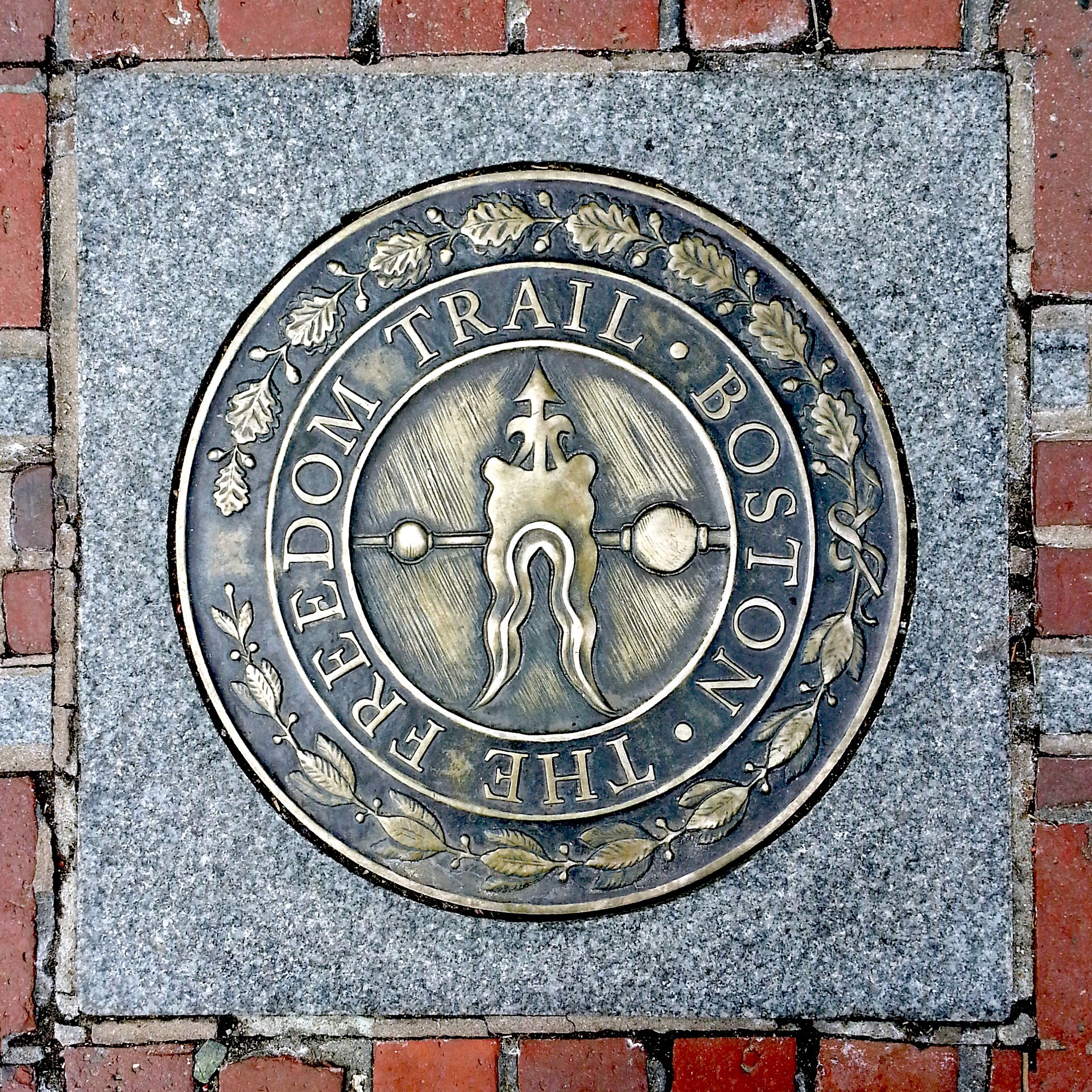
Moving is a pain regardless of whether you’re moving across town or a few states over. We’ve gathered some Boston-specific moving tips to help you prepare for moving day and beyond.
Tips for New Residents:
- Best season for moving: If you’re not a college student and opting to rent outside those main areas mentioned above, try to avoid moving in peak season around Sept. 1. Thousands of college students move in during this time.
- Avoid low overpasses: If driving a moving truck that is taller than 9 feet, avoid going under the overpasses on Memorial Drive and Storrow Drive.
- Massachusetts vehicle registration: Register and insure your vehicle in Massachusetts before applying for a residential parking permit. To make traveling by car easier, purchase an EZ Pass, which will save you tons of time going through tolls.
- Health insurance in Mass.: If your employer does not offer health insurance, apply for MassHealth once you are a resident.
- Self-storage in Boston: Sometimes relocation dates don’t match up exactly. If your belongings arrive before you have access to your home, consider month-to-month self storage in Boston as a temporary solution. Many Boston apartments are small and only ground floor places may have basement access.
We hope you learned a thing or two about Boston that you didn’t know before. We’re happy to offer our expertise to make your move to Beantown as smooth as possible. Here are a few more general hubs of information below that are particularly great for those hoping to make Boston their new home. Good luck!
- A Guide to Storing Winter Clothes During the Summer
- Winter Moving Tips: How to Survive a Move in the Cold
- The Ultimate Moving Checklist + Free Moving Printables Kit
Update: This post was originally published on April 10, 2018, and was revised on December 23, 2019, with new information from Boston expert, Eileen Cotter Wright.
